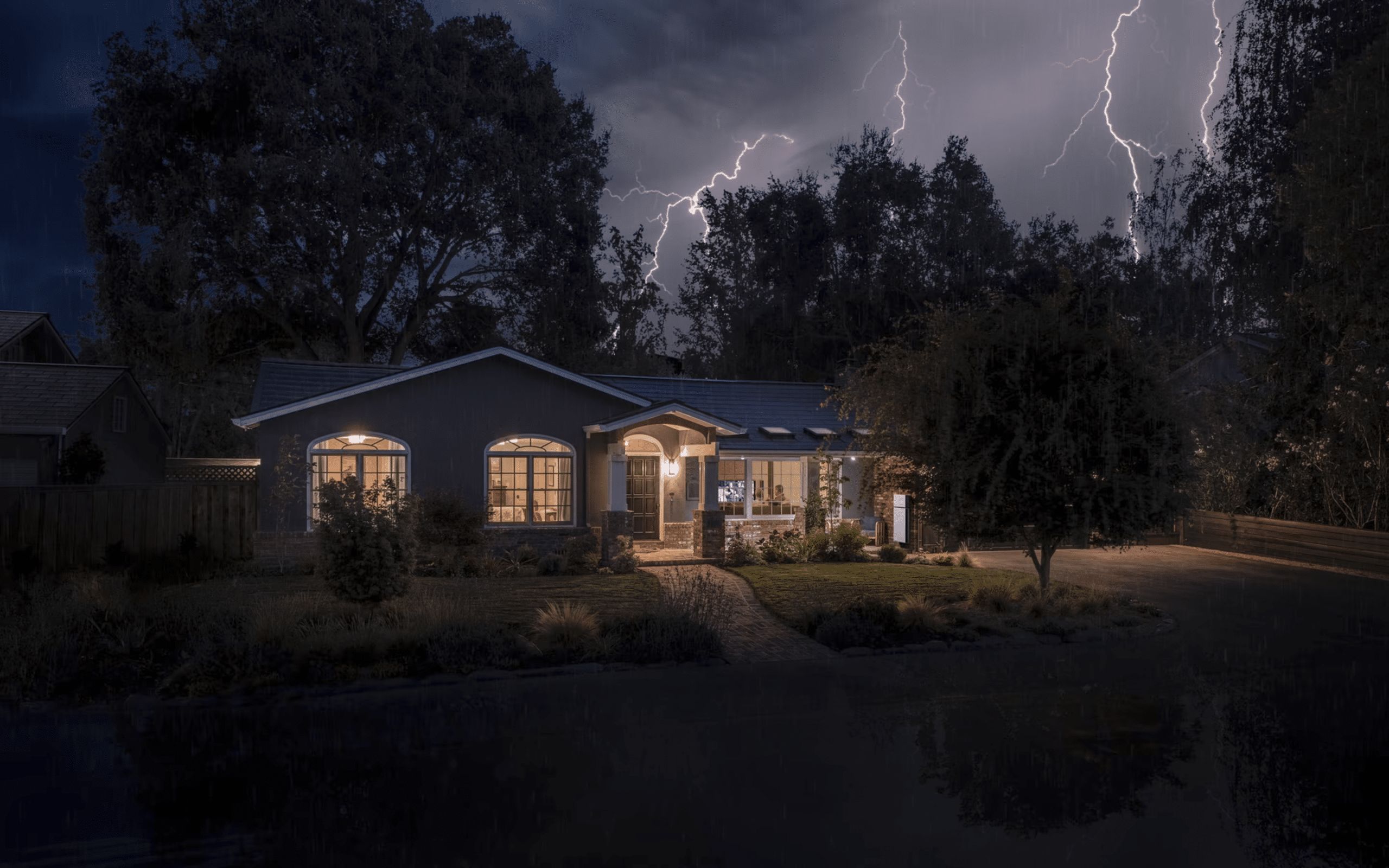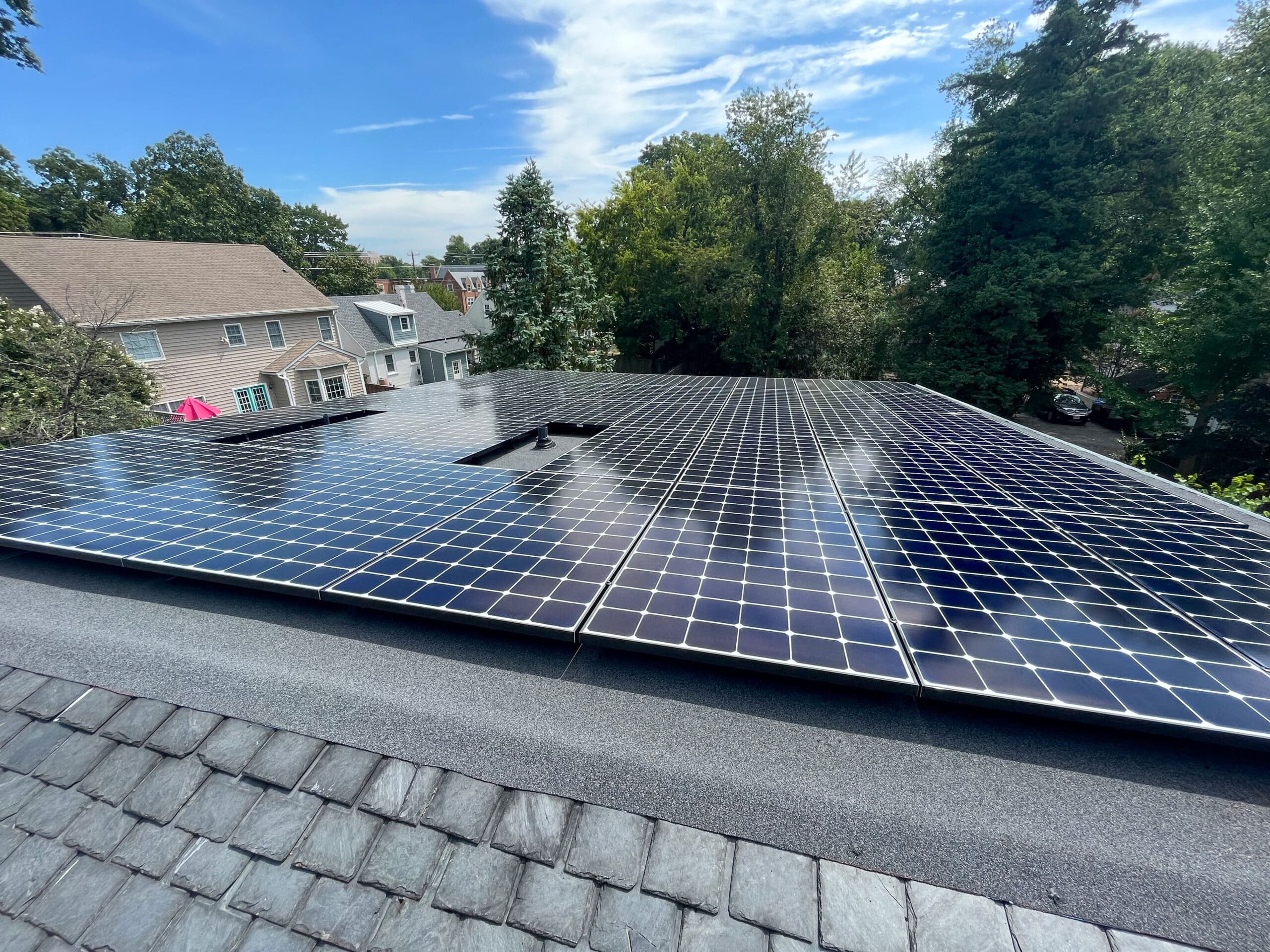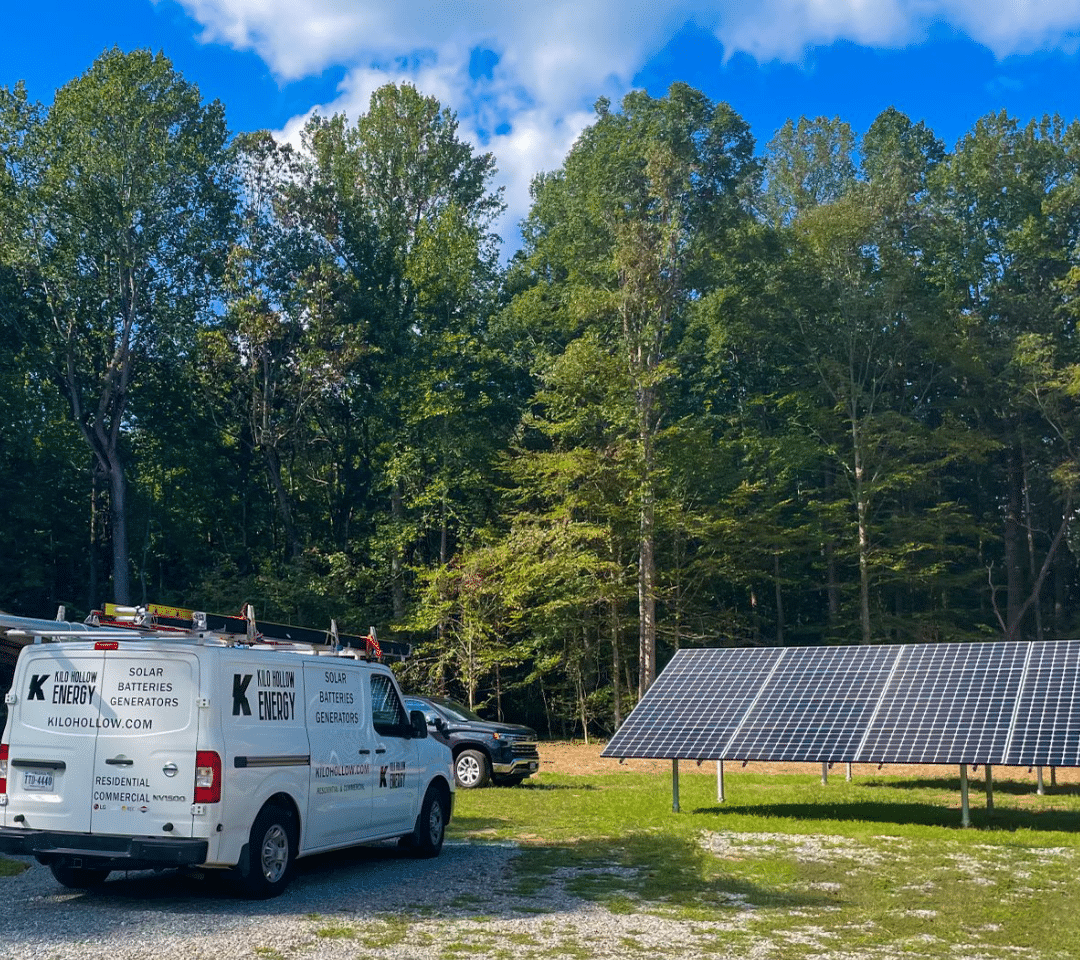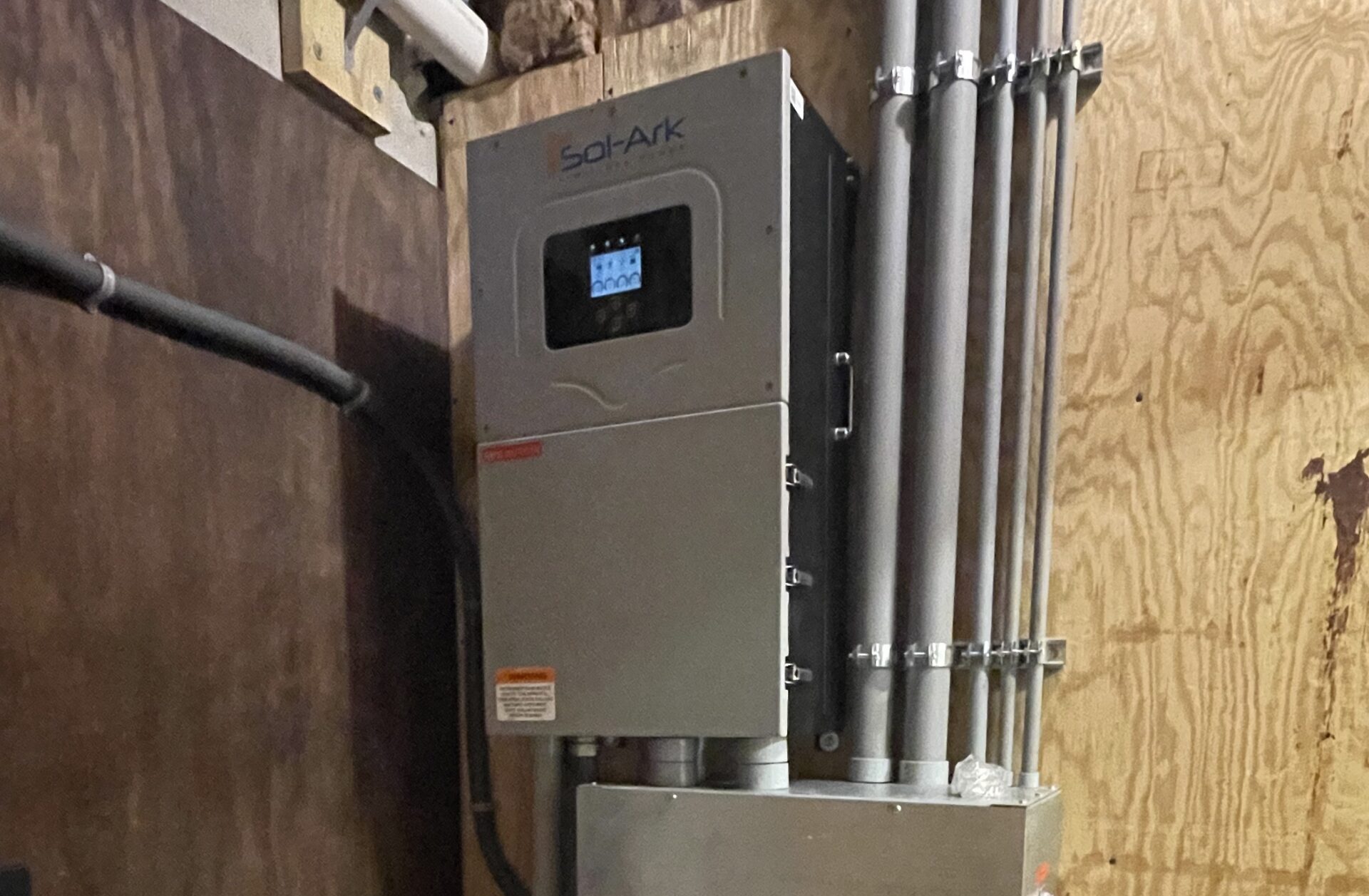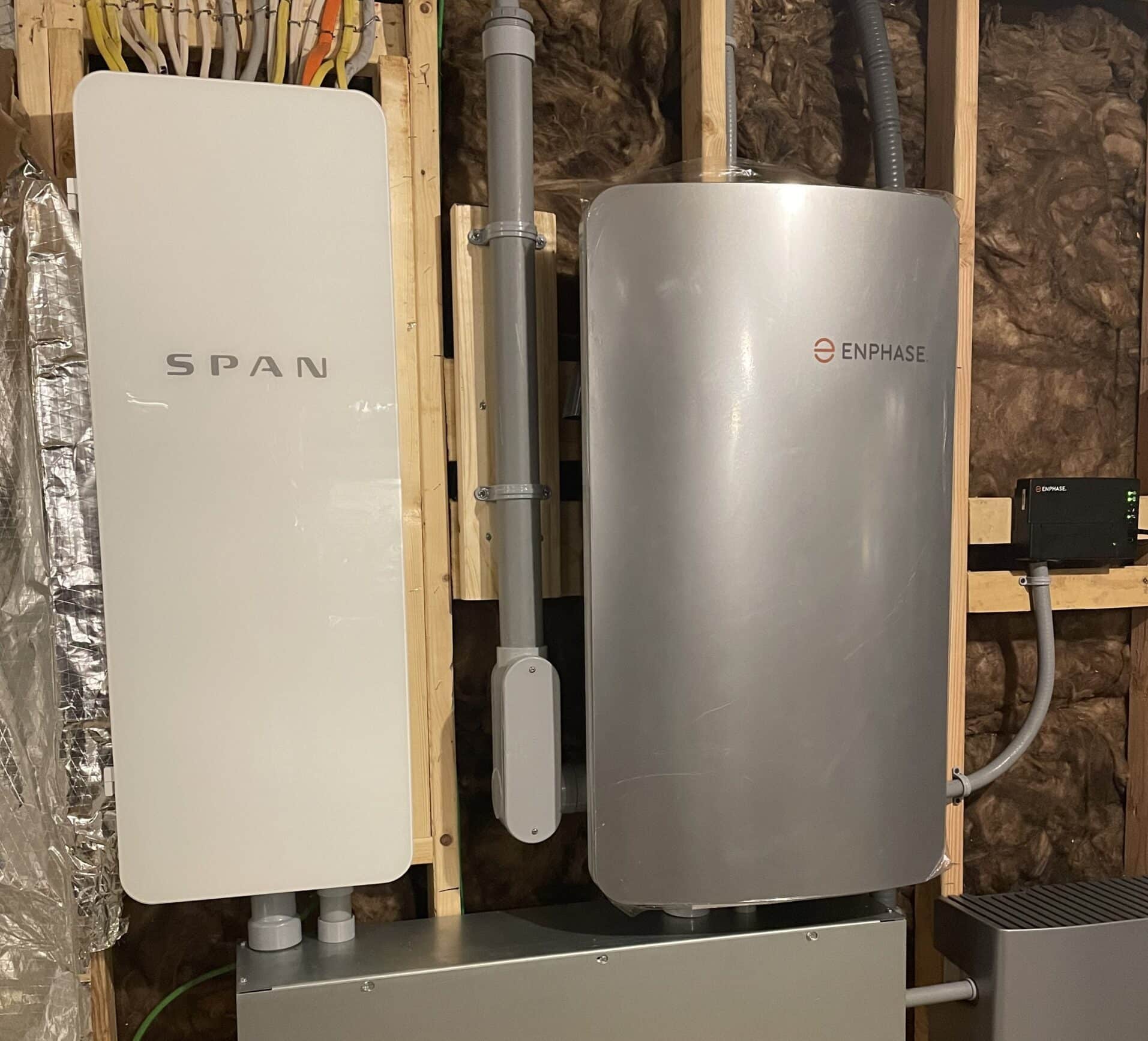Solar energy stands at the forefront of renewable energy solutions in Virginia, offering a beacon of hope for those seeking sustainable and cost-effective alternatives to traditional energy sources. As the demand for cleaner energy grows amidst increasing environmental concerns, solar power emerges as a key player in the energy transition. This article explores the myriad benefits and potential drawbacks of adopting solar energy in the Old Dominion, providing Virginians with the knowledge needed to make informed decisions about solar installations.
Advantages of Solar Energy in Virginia
- Renewable and Abundant: Solar energy, harnessed from the sun’s rays, presents an inexhaustible resource. Virginia’s diverse climate, from the sunny shores of Virginia Beach to the rolling hills of the Shenandoah Valley, offers ample sunlight, making solar a viable option across the state.
- Reduction in Energy Bills: Implementing solar panels can significantly reduce monthly electricity bills. With Virginia’s net metering policies, solar users can earn credits for excess energy produced, further offsetting energy costs.
- Environmental Impact: Solar power reduces reliance on fossil fuels, decreasing greenhouse gas emissions and contributing to a healthier environment. Virginia’s commitment to expanding renewable energy makes solar installations a wise choice for eco-conscious residents.
- Increased Property Value: Homes equipped with solar energy systems often see a rise in property value, making solar installations an attractive investment for homeowners.
- Tax Incentives and Rebates: The federal solar tax credit, coupled with Virginia-specific incentives, lowers the initial cost of solar panel installations, enhancing affordability for Virginians.
- Energy Independence: By generating their own electricity, Virginia residents can enjoy a greater degree of energy independence, reducing their vulnerability to grid outages and fluctuating energy prices.
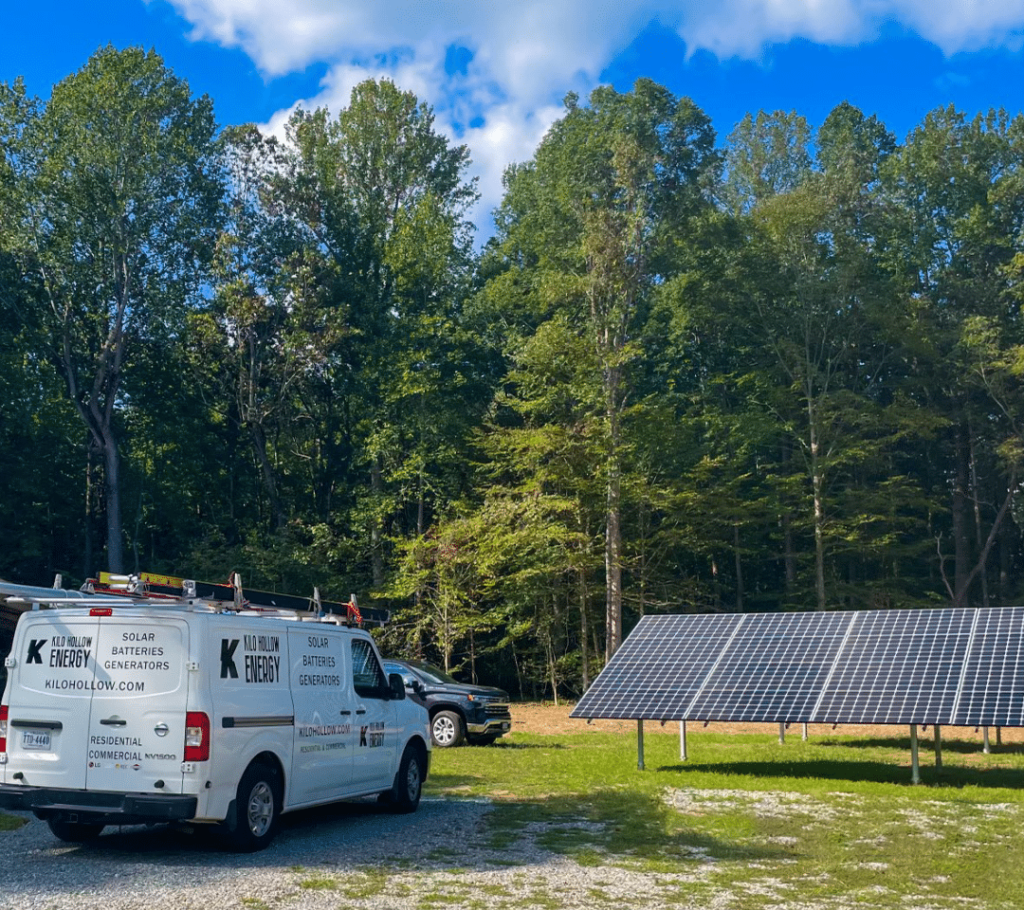
Disadvantages of Solar Energy in Virginia
- Upfront Costs: Despite incentives, the initial investment in solar technology can be substantial. However, financing options and leasing agreements are available to mitigate these costs.
- Weather-Dependent: Although solar panels can still generate power on cloudy days, their efficiency is maximized under direct sunlight. Virginia’s varied weather patterns may affect solar output.
- Space Requirements: Installing a solar array requires sufficient space. For Virginians with limited property size or shaded lots, this could pose a challenge.
- Aesthetic Concerns: Some homeowners may have reservations about the visual impact of solar panels on their home’s appearance, although modern designs have become increasingly sleek and less obtrusive.
- Navigational Hurdles with Permitting: The process of obtaining permits for solar installations can be daunting, but solar companies often manage this process, easing the burden on homeowners.
Local Opportunities and Considerations
Virginia’s solar landscape is rich with opportunities for residents to engage in renewable energy initiatives. The Virginia Clean Economy Act, aiming to transition the state to 100% renewable energy by 2050, underscores the state’s commitment to solar power. Additionally, local utility companies often offer specific programs and incentives to encourage solar adoption.
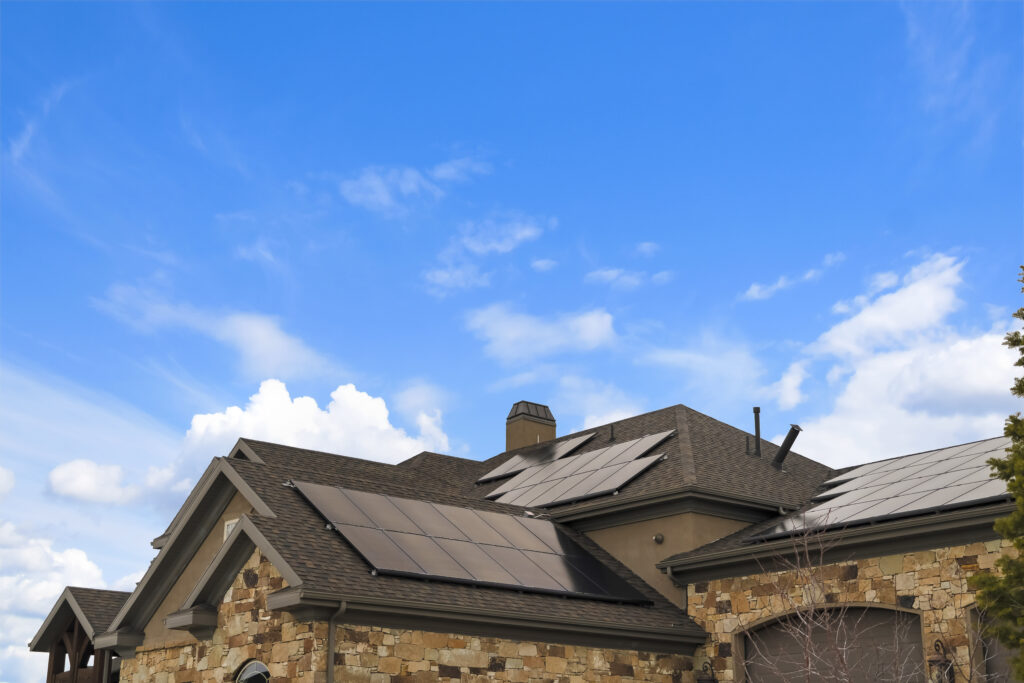
For Virginians considering solar, it’s crucial to evaluate the orientation and shading of potential installation sites, as well as local zoning laws and HOA regulations. Partnering with a reputable solar provider, knowledgeable in Virginia’s solar policies and landscape, can streamline the transition to solar energy.
Overcoming Barriers: Financial Solutions and Incentives
One of the primary hurdles to solar adoption is the initial investment. However, with federal tax credits, state incentives, and innovative financing options from partners like Atmos Financial, solar energy is more accessible than ever. Kilo Hollow Energy assists clients in navigating these financial pathways, making solar installations a viable option for a wider audience. Additionally, the company aids in securing Solar Renewable Energy Certificates (SRECs) and Rural Energy for America Program (REAP) grants, further offsetting installation costs and enhancing the economic feasibility of solar projects.
The Future is Bright: Solar Technology and Battery Storage
The future of solar power in Virginia is not just about generating energy but also storing it. Battery storage systems are integral to maximizing the utility of solar panels, allowing for energy availability even when the sun isn’t shining. Kilo Hollow Energy specializes in integrating cutting-edge battery technologies, such as the Tesla Powerwall 3, sonnenCore, HomeGrid and Enphase batteries, with solar installations. These systems provide peace of mind and energy security, ensuring that homes and businesses remain powered during outages.
Solar Education and Advocacy: Spreading the Word
Education is key to accelerating the adoption of solar energy. Kilo Hollow Energy is committed to demystifying solar power for the public through workshops, seminars, and online resources. By informing Virginians about the benefits and practicalities of solar installations, the company fosters a knowledgeable community ready to embrace renewable energy.
Conclusion
As Virginia strides towards a greener future, solar energy offers a promising path to sustainable living and energy independence. While the decision to go solar involves various considerations, the long-term benefits of reduced energy bills, environmental preservation, and contribution to a sustainable future make it an attractive option for many Virginians. By understanding both the advantages and disadvantages of solar power, residents can make informed choices that align with their energy needs, financial goals, and environmental values.
